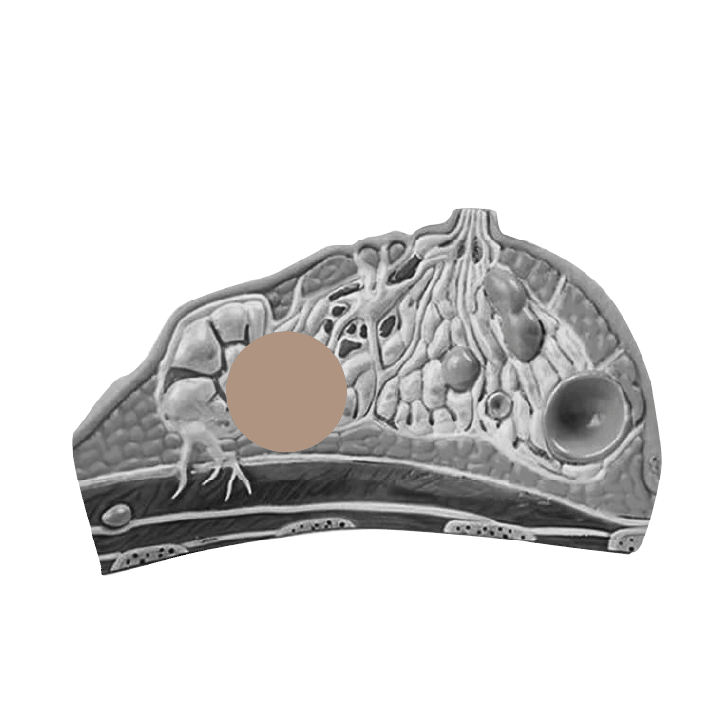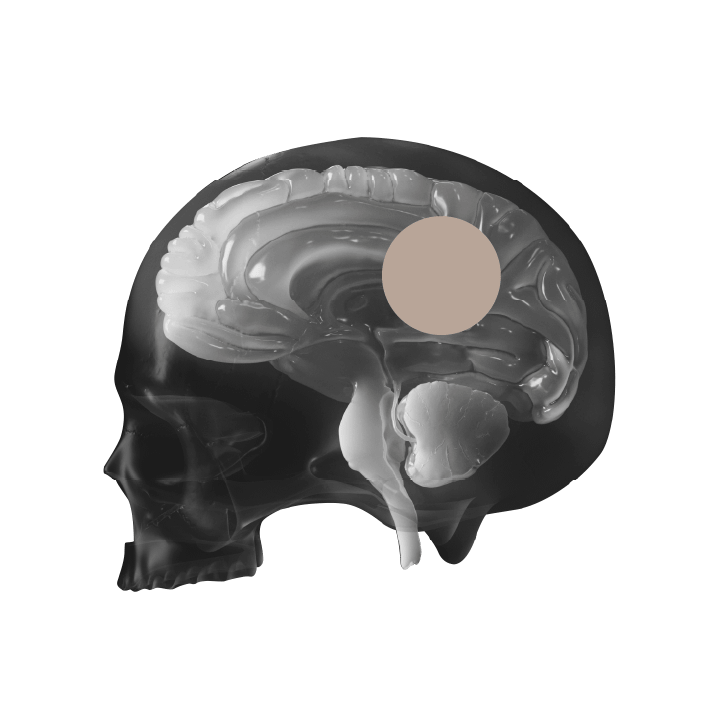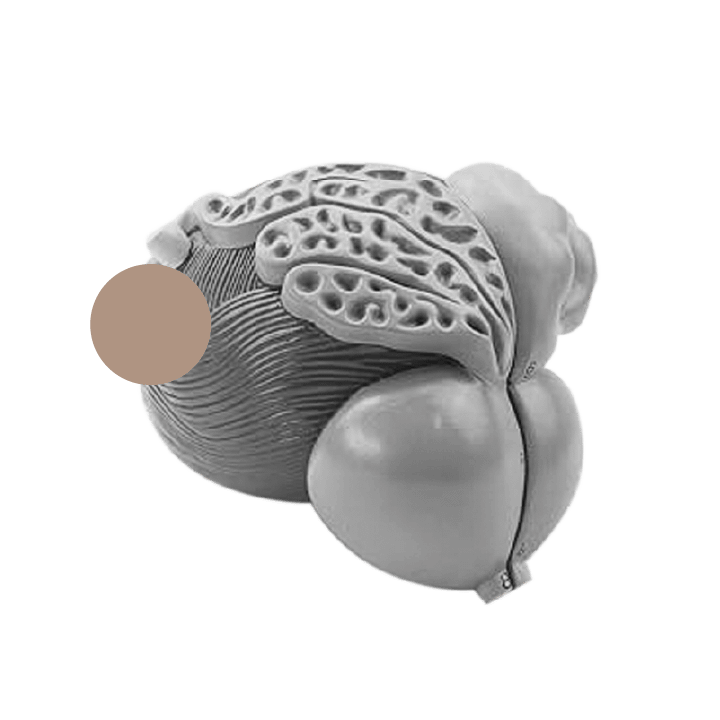MAXIMUM PAIN AND SUFFERING AWARD FOR
Urinary System Cancers:
$250,000
*Does not account for additional conditions or other forms of loss. Prior results and outcomes are not guaranteed.
Urinary System Cancer in 9/11 Survivors
The attacks on the World Trade Center left the surrounding area full of hazardous materials. These contaminants lingered as cleanup and recovery efforts were underway. As a result, many September 11th Survivors developed cancer in the following years. If you or someone you love suffers from cancers of the urinary system, contact a 9/11 attorney at Pitta & Baione to see if the World Trade Center Health Program covers your illness.
COVERED URINARY SYSTEM CANCERS
The urinary system is a series of organs that removes liquid waste from the body through urination. Included in the WTCHP coverage of urinary system cancer are cancers of:
- Bladder
- Kidney
- Other urinary organs
- Prostate
- Renal pelvis
- Ureter
If you suffer from one of these cancers, you may be eligible for benefits under the Victim Compensation Fund.
SYMPTOMS OF URINARY SYSTEM CANCERS
Urinary system cancers can cause the following symptoms and signs, or they can be the result of other infections and illnesses.
- Blood in the urine: Sometimes blood in urine will change the color of the urine. Other times the color will not change but it can be detected with medical tests.
- Burning sensation during urination
- Urgently needing to urinate even if the bladder is not full
- Weak urination stream
- Frequent urination
- Back pain on one side
- Swelling in the feet
- Bone pain
- Loss of appetite
Following up with a medical provider to determine the correct diagnosis is important for developing a treatment plan and preventing further spread of disease through the urinary tract or the rest of the body.
DIAGNOSING URINARY SYSTEM CANCERS
Diagnosing the cancer early before it spreads throughout the urinary system or to other organs is important to improve the patient’s outcome from treatment. There are a number of ways to rule out or diagnose cancers of the urinary system. These include:
- Urinalysis
- Examining cells under a microscope
- Ultrasound
- MRI
- CT Scan
TREATMENT FOR URINARY SYSTEM CANCERS
Often the treatment for urinary system cancers involves some type of surgery. Surgical treatments can remove part of an organ, such as removing part of the bladder or part of a kidney. Other surgeries may remove an entire organ, as is sometimes necessary in prostate cancers. Chemotherapy, the targeted use of drugs to fight cancer, is another common cancer treatment that is used for urinary system cancers as well.
CONTACT A SEPTEMBER 11TH LAWYER TO DISCUSS YOUR ELIGIBILITY FOR BENEFITS
If you or a loved one suffer from urinary system cancer related to exposure from September 11th, contact a 9/11 lawyer at Pitta & Baione by completing our online contact form or calling us at 844-901-1312 to discuss your eligibility for benefits.
PITTA & BAIONE LLP SUCCESSFUL CLAIMS





